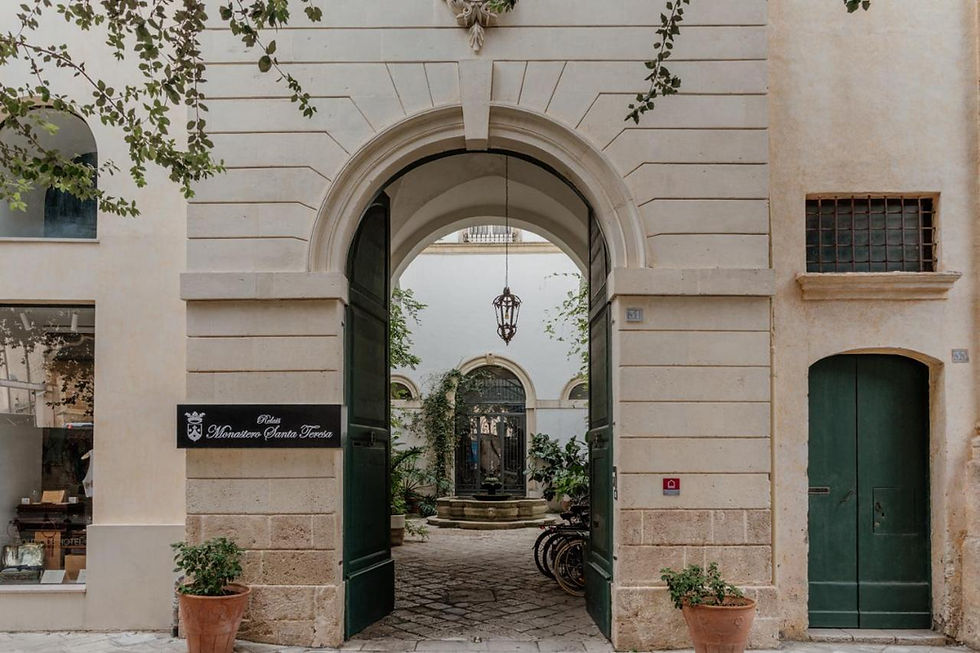Why you should go on a writing retreat
- Lloyd

- Jan 3, 2024
- 4 min read
Updated: Dec 1, 2024

What is a writing retreat, and why go on one?
A writing retreat is a contained experience where the focus is on writing. Unlike a workshop, a retreat is a whole experience - including accommodation, activities, and group meals. A retreat requires your full attention and physical presence. Retreats can range in length from 1 day to several weeks.
A retreat may (or may not) have a theme. For example, my upcoming retreat focuses on writing scenes. Writers spend a week working on character development, plot, dialogue and revision. At the end of the week, they’ve got a close-to-final version of a critical scene.
Other retreats may focus on writing book proposals, teaching self-editing, or are open to the writer’s own intent or goals. What’s important is that you think about the problem(s) you’re having and find a retreat that will help you solve them.
As a writer who’s been on retreats and now someone who runs them, these are the key benefits of going on a retreat:
Focus on your writing, including struggles and blocks
First, a small exercise: picture your writing practice. How does it look? Do you have the time and space you need to work on your craft without daily life's constant distractions or interruptions? If you’re like me, writing time is the first thing that gets cut or compromised.
Partners and children are lovely, but so is time away from them. On a retreat, your writing is number 1. Given the right amount of focus, you’ll be amazed at what you can accomplish quickly. You’ll also be with other writers, giving you access to their experiences, insights and encouragement. Working in a group setting on a condensed timeline keeps you accountable.
A retreat is also the place to work through specific issues, whether with characters or dialogue or more general problems like writer's block.
Get inspired (by doing things other than writing)
A retreat covers far more than the time spent workshopping. A retreat should also have activities for the writer. It’s often the time not spent writing when inspiration strikes. On my own retreats, participants learn from local craftspeople, encouraging kinaesthetic learning. During one, we made puppets under the guidance of a local puppetmaster and theatremaker.
Some retreats combine running, hiking, or yoga with writing. To paraphrase Joyce Carol Oates, to invigorate the literary mind, move the literary body. Getting out of your head and into the world unlocks creativity and exercises other senses.
Location is essential. Make sure the retreat is in a place that interests you and speaks to your particular needs. Do you want to be in a busy city? Or in the mountains? My favourite playwriting retreat was in London, perfect for heading to any of the city's many mainstream or avant-garde theatres.
I hold my retreats in a giant Italian palazzo the writers have to themselves. They’re free to wander the premises and write in any of the palazzo’s many rooms, libraries, or gardens. We also tour the local town and ancient forts not open to the general public.
Commune with other writers
Again, writing is often solitary, except on a retreat! A retreat is an immersive, social experience. You stay at the same place with a group of writers, sharing meals, workshop sessions and activities.
Group bonding is essential; it serves as an antidote to the solitary nature of writing and enables the group to work deeply. Bonding builds trust and builds participant confidence to take creative risks. You are more open to receiving and providing constructive feedback amongst people you trust. Sharing your work in progress may make you feel vulnerable, but the group and the facilitator are there to support you.
Retreats bring writers together from various backgrounds – country of origin, gender, writing experience, etc. It’s a gift to have access to writers from all walks of life who see the world and will interpret your work differently. You learn from each other. The participants themselves are a source of inspiration. You may even form lifelong friendships.
Diversity in genre writing is also beneficial! For example, fantasy writers excel at worldbuilding. Crime writers are very plot-detailed. Bringing the two together heightens the creativity of both.
Off to somewhere new
A retreat generally occurs away from where you work and live (although exceptions exist). As such, it’s also a holiday! Make sure you choose a retreat located in a place you love or have always wanted to visit.
Take a healthy sense of adventure with you and be open - not everything will go according to plan. The unexpected will, of course, happen. And that’s the point! A retreat isn’t a workshop you do from your couch; it’s an immersive experience.
During one of our tours of the Italian countryside, we had to wait for about thirty minutes while a herd of goats crossed the road. The guide got out and started talking to the herder. Soon, we were all outside on the road, listening as she translated the herder’s story about the surrounding area, the ruins and the once-powerful families that used to live there.

Rest & Recharge
Since a retreat is also a holiday, it shouldn’t be a 40-hour indoor workshop - there must be plenty of downtime to work, rest, and process. Though you’ll write each day, you’ll also have the chance to breathe, relax and reflect on the experience, including the feedback on your work.
You should end the retreat invigorated and inspired, ready to take what you’ve learned and apply it once you get back home.
Finally, set realistic expectations. You won’t write a 100,000-word novel in a week, but you can most definitely write and revise the main scene.
So much is possible, given time, space, camaraderie, and excellent food.

Comments